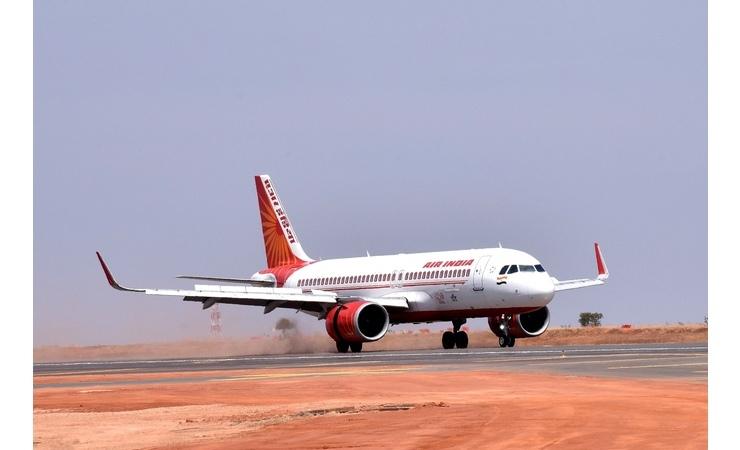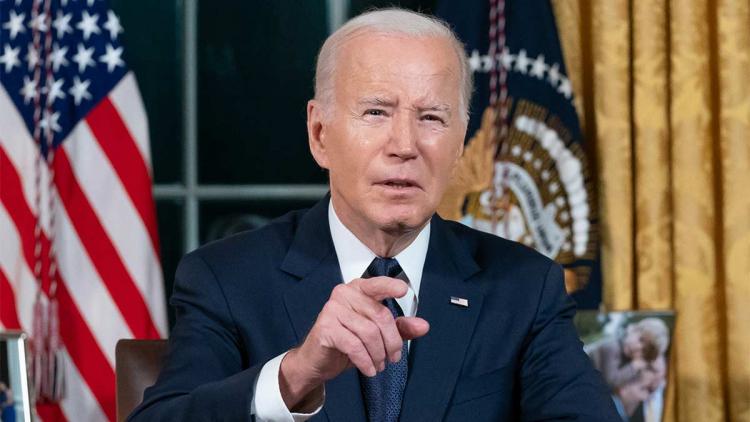As privatisation of the country's flag carrier Air India is on a transformational journey, it seems, until its 'legacy mindset' remains, the Tata Group owned company will find it difficult to reinvent and metamorphose. One of the primary reasons being the omnipresence of the 'old' Air India within the transiting 'new' Air India's steeped in culture, systems, processes and attitude. This requires a radical overhaul for a metamorphic change to set in.
Air India, under the ownership of Tata Group for over a year and six months, has undergone significant changes in its turnaround and transformation efforts.
However, amidst its progress, the airline has also faced major controversies, including pilot dissatisfaction, Magadon Airport in Russia leaving scores of passengers stranded on International Airports and mishandling of sensitive matters.
Since the acquisition, Tata Group has implemented various measures to revive the struggling airline. These include placing a substantial order for 470 planes and expanding international operations.
The Tata Group owns four airlines, namely Air India, Air India Express, AIX Connect, and Vistara (a joint venture with Singapore Airlines).
However, the group is currently in the process of merging Air India Express and AIX Connect with Air India, as well as integrating Vistara into the airline.
Previously burdened with financial losses and debt, Air India is now on a comprehensive transformation roadmap aimed at becoming a world-class global airline with an Indian identity.
The flag carrier is expanding its fleet and network, enhancing its customer experience, and improving operational reliability.
Last year, Air India unveiled a five-year transformation roadmap called Vihaan.AI, which translates to "dawn of a new era" in Sanskrit.
This roadmap outlines specific milestones, focusing on expanding the network and fleet, revitalising the customer experience, improving reliability and punctuality, taking a leadership role in technology, sustainability, and innovation, and investing in top industry talent.
The initial phase, named Taxi, addressed legacy issues on a large-scale and laid the foundation for future growth.
The successful completion of this phase marked the beginning of Take Off, the second phase, which involves developing the necessary platforms, processes, and systems to achieve excellence.
"To support immediate plans to scale up and grow, Air India last year leased 36 aircraft, including 11 wide-body Boeing 777s and 25 narrow-body Airbus A320 family aircraft. Several of these have already joined Air India's fleet, enabling the airline to densify its domestic route network and expand on international routes," said the airline's spokesperson.
"In less than a year, the airline has ramped, launched or resumed operations to seven destinations outside India and launched flights on 19 international routes and six domestic routes. Some of Air India's newly leased Boeing 777s deployed on North America routes also saw the airline's introduction of a new Premium Economy offering," said the spokesperson.
Campbell Wilson, CEO of Air India, has compared the revival of the airline to a Test match rather than a T20 match, emphasising the long-term nature of the transformation process.
Air India has been confronted with a series of incidents involving technical glitches, unruly passengers, and violations of regulations, resulting in substantial fines for the airline.
While efforts are being made to address these challenges, recent events continue to raise concerns about passenger safety and the airline's overall operations.
One incident took place on June 6 when Air India flight AI173, en route from Delhi to San Francisco, had to make an emergency landing at Magadan airport in Russia due to a technical issue with one of its engines.
Passengers onboard the flight found themselves stranded as their journey was redirected to Magadan in Siberia.
Video footage circulating on Twitter revealed the passengers forced to sleep on the floor of a school in the temporary accommodation provided due to the unforeseen circumstances.
However, on June 7, an alternate plane was flown from Mumbai to Magadan to transport the affected passengers to San Francisco, helping to alleviate the inconvenience caused by the diversion.
In a recent incident in June, a male passenger aboard an Air India flight from Mumbai to Delhi shocked fellow passengers and crew members by engaging in disruptive behavior, defecating and urinating inside the aircraft.
The passenger, identified as Ram Singh and seated in seat number 17F, was promptly given a verbal warning by the cabin crew and isolated from other passengers.
Upon arrival, Captain Varun Sansare reported the incident and requested security assistance.
The disruptive behavior caused distress among the passengers on board, as stated in the complaint filed by Captain Sansare.
In another incident on an Air India flight from Paris to New Delhi on December 6, 2022, the DGCA fined the airline Rs 10 lakh for its failure to report two separate incidents.
One involved a passenger caught smoking and not adhering to crew instructions, while the other involved a passenger allegedly urinating on a fellow female passenger's seat and blanket.
These incidents further highlighted the necessity for improved compliance and passenger safety protocols.
The DGCA also took action by suspending the license of an Air India pilot for three months.
The pilot allowed a female friend to enter the cockpit during a Dubai to Delhi flight, a violation of regulations.
Additionally, Air India received a fine of Rs 30 lakh from the aviation regulator for its inadequate handling of safety-sensitive issues.
In yet another incident, the license of an Air India pilot and the First Officer, who permitted an unauthorised woman to enter the cockpit of flight AI-445, operating from Delhi to Leh on June 3, has been suspended by the DGCA.
During the departure of Air India flight AI-458 from Chandigarh to Leh, the Pilot in Command (PIC) allowed an unauthorised person to enter the cockpit.
"The First Officer failed to object to this unauthorised entry. After conducting an investigation, the DGCA has taken the following actions: the PIC's pilot license has been suspended for one year, and the First Officer's pilot license has been suspended for one month," said an official.
One notable incident was the urination incident that occurred on November 26, 2022, during an Air India flight from New York to Delhi.
The mishandling of the incident and subsequent issues caused significant embarrassment to Tata Group, prompting statements from the Air India CEO and Tata Sons Chairman. N. Chandrasekaran, Chairman of Tata Sons and Air India, admitted that the airline's response should have been swifter.
As a consequence of the incident, the DGCA imposed a fine of Rs 30 lakh on Air India and suspended the pilot-in-command's license for three months.
Additionally, a penalty of Rs 3 lakh was imposed on the Director of Flight Services of Air India for dereliction of duties.
Also Read| Several students stranded at Vancouver airport after Air India flight to Delhi cancelled
Also Read| Air India signs purchase agreements for 470 aircraft in Paris Air Show


















